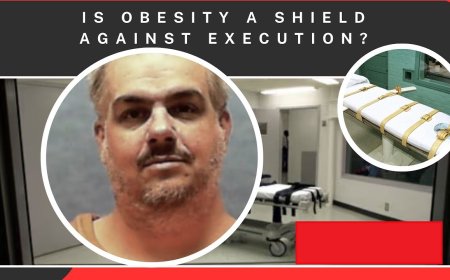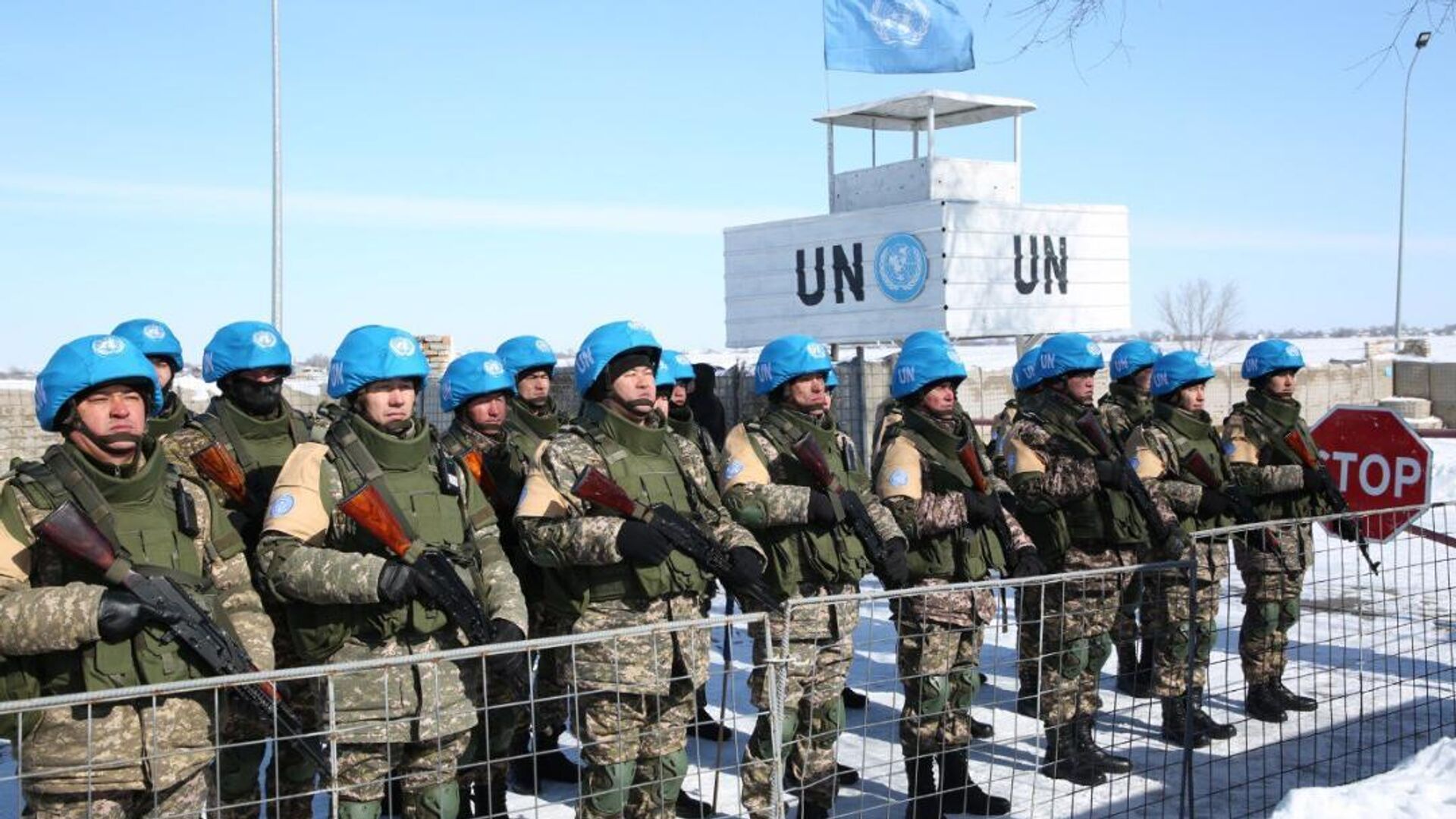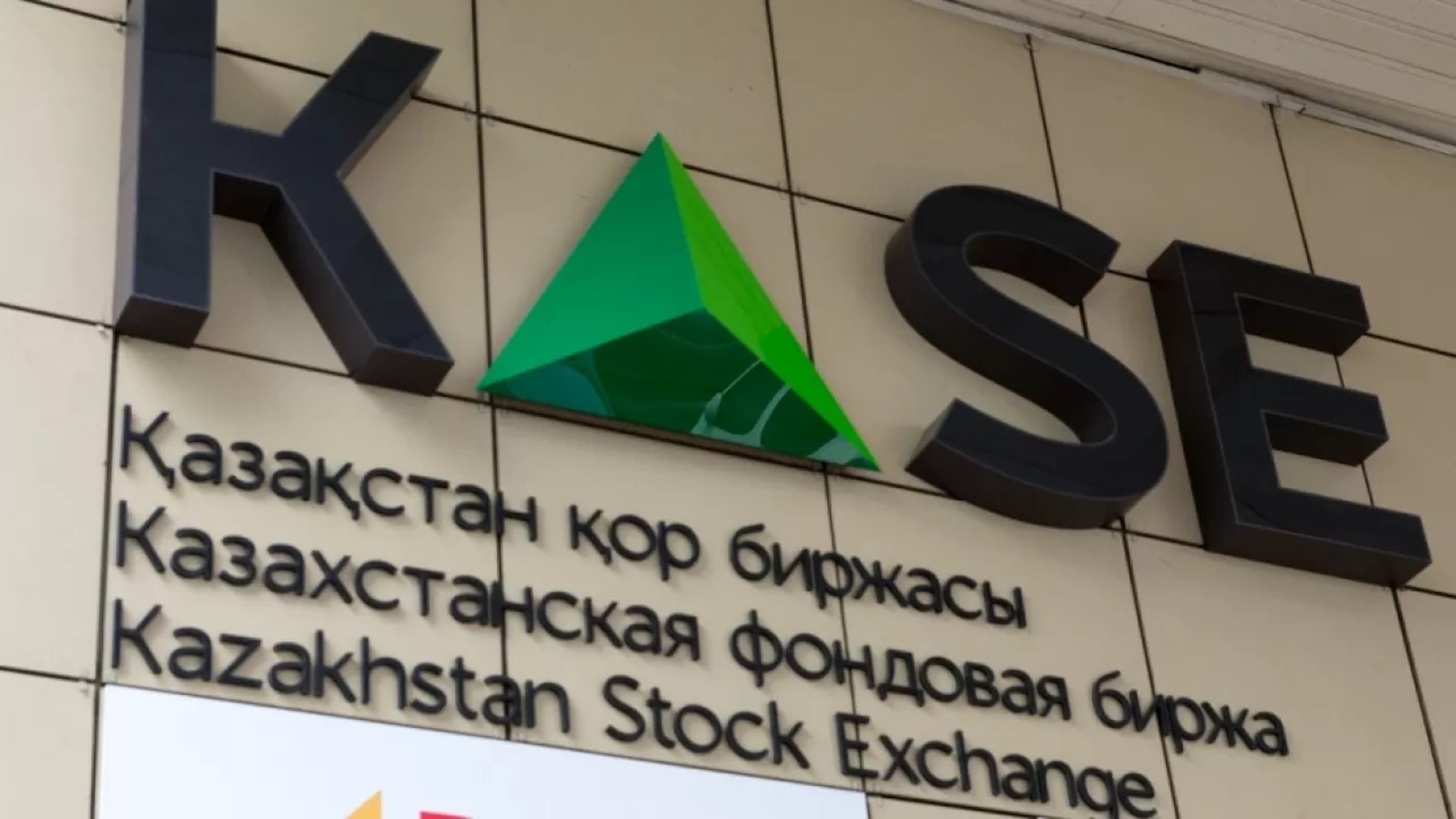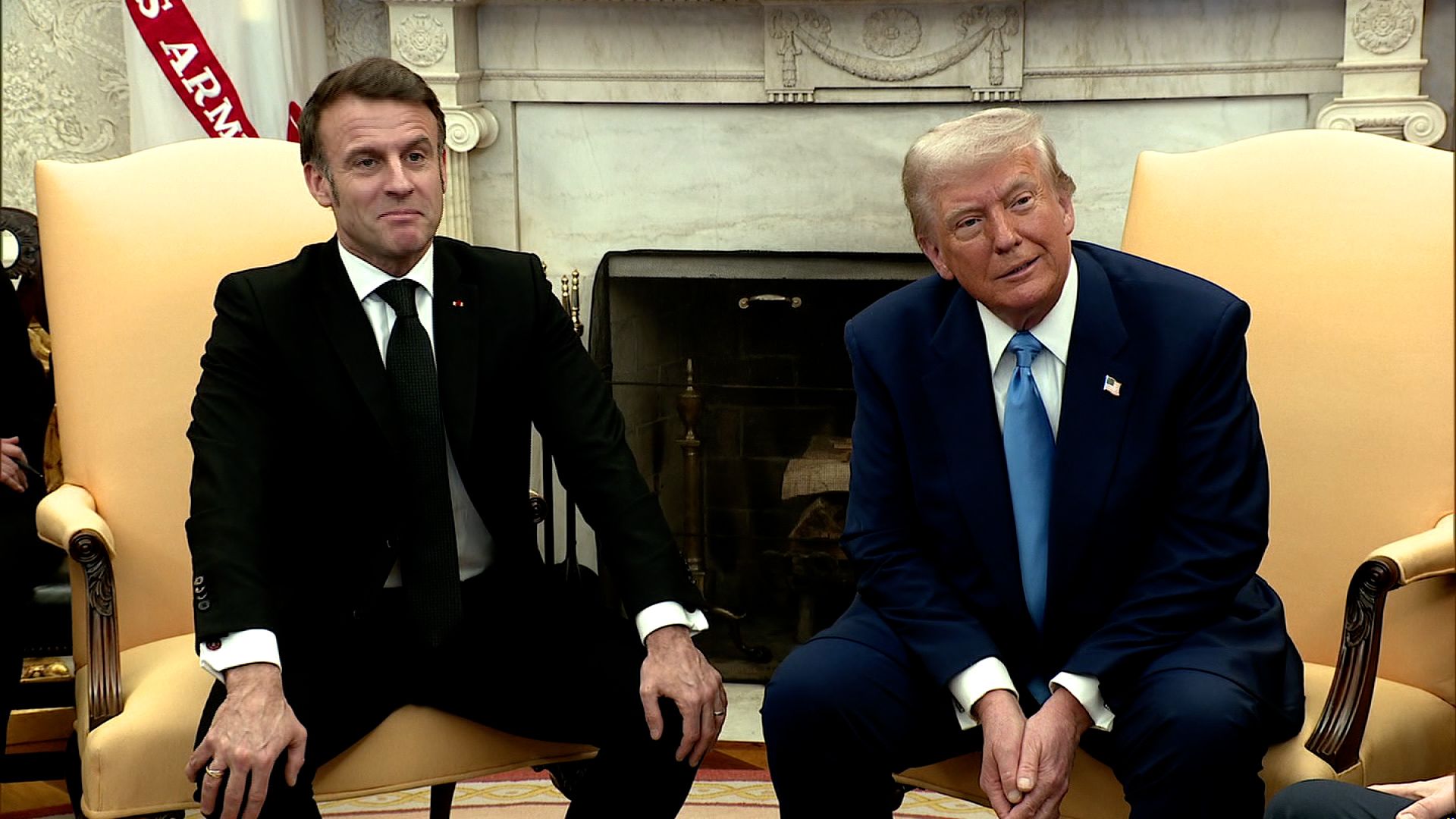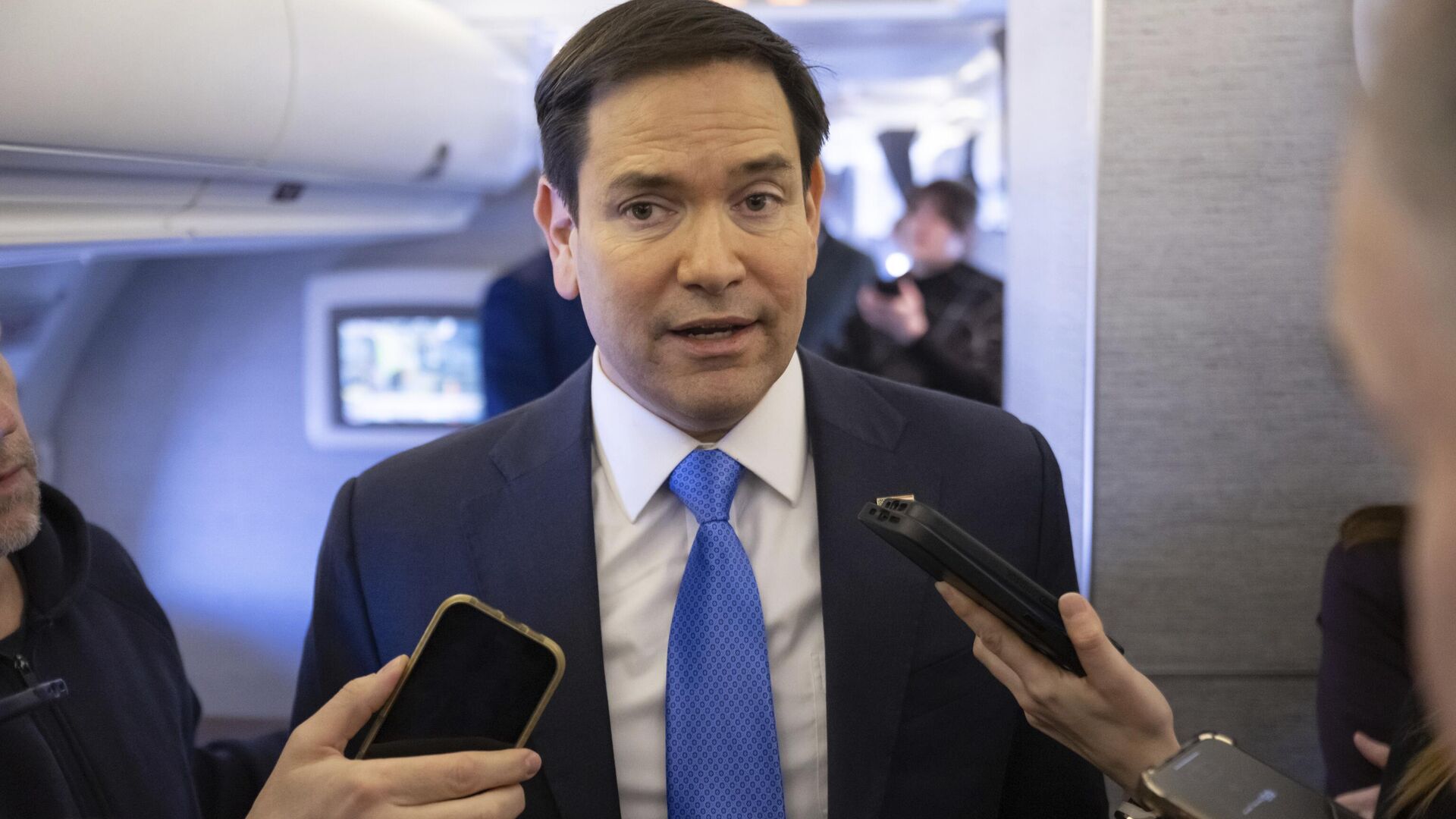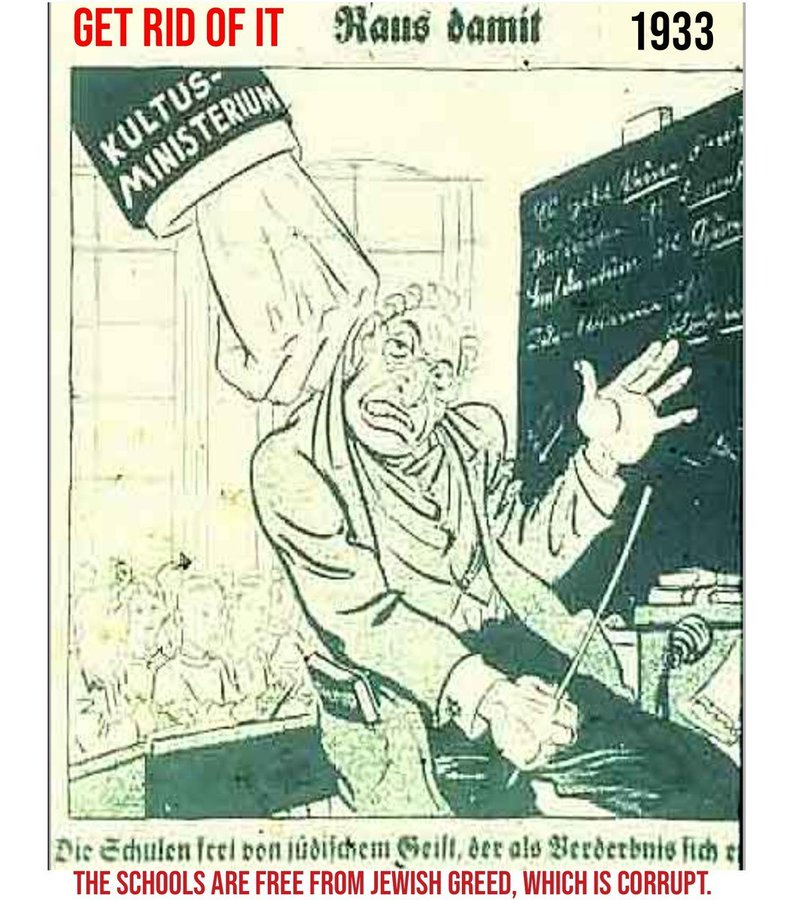The Fatal Shooting of a C.E.O. in Manhattan Sends Shockwaves Through Corporate America
The unexpected assassination of Brian Thompson, UnitedHealthcare's chief executive, in Midtown Manhattan has left business leaders grappling with questions of safety and vulnerability. For many, this tragedy underscores a growing threat to executives in an era of rising public frustration and digital scrutiny.
A Climate of Threats Escalates
The chilling shooting took place on a busy Manhattan street, stunning the corporate world. While the police have not confirmed any motive, the implications of such a targeted act have reverberated across industries. In recent years, threats against executives, particularly in health care and pharmaceuticals, have risen sharply.
Digital platforms have amplified these risks by making personal information about corporate leaders easily accessible. Coupled with the polarizing power of social media, vitriol directed at executives has taken on more dangerous dimensions, creating a climate of fear among C-suites.
Chris Pierson, CEO of BlackCloak, noted that health care executives are disproportionately targeted, reflecting the public’s mounting frustrations with rising costs, limited access, and denials of coverage.
Security Budgets Soar
Corporations are reacting to these threats by ramping up security spending. Median expenditures on executive security among S&P 500 companies doubled between 2021 and 2023, according to Equilar. Security firms like Allied Universal report an unprecedented surge in demand for services ranging from home surveillance to 24/7 personal protection.
Glen Kucera of Allied Universal explained that protecting a high-profile executive costs approximately $250,000 annually, a figure that underscores the escalating stakes of executive safety.
This week’s tragic event has heightened anxiety ahead of a Fortune 1000 summit in Midtown Manhattan. Jeffrey Sonnenfeld, organizer of the event and head of Yale’s Chief Executive Leadership Institute, has reinforced security measures, including deploying private guards and city police, as a precautionary response to the growing risks.
Public Anger Turns Violent
Brian Thompson's killing has sparked broader debates about public frustration with industries like health care. Bullet casings recovered from the crime scene were inscribed with the words “deny” and “delay,” phrases hauntingly familiar to those navigating insurance bureaucracy.
Harvard Business School professor Ranjay Gulati reflected on the deeper issues underlying such anger. “While I don’t condone violence, this reflects a societal reckoning with industries consuming enormous resources without delivering proportional outcomes,” he said, alluding to the nearly 20% of U.S. GDP spent on health care.
A Call for Action
New York City Mayor Eric Adams has labeled the shooting a targeted attack, further alarming business leaders. Kathryn Wylde, head of the Partnership for New York City, noted that the incident might push corporate leaders to reassess personal security measures.
“Violent rhetoric can have tragic consequences,” Wylde said, emphasizing the need for a broader conversation about protecting executives amid rising tensions.
For many, this tragedy serves as a grim reminder of the costs of leadership in a polarized world. As corporate leaders recalibrate their safety strategies, the shadow of this chilling act will linger over the boardrooms of America.
The editorial board is not responsible for the content and accuracy of material taken, sent or obtained from other sources. The publication of such materials is for informational purposes only and does not imply automatic endorsement or approval of their content.

